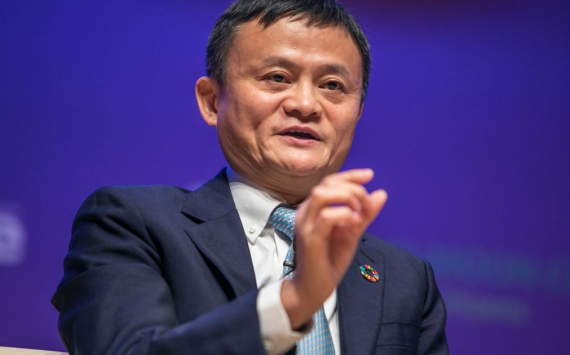
Authorities put pressure on Alibaba Group
Alibaba (BABA) shares on the US exchange NYSE fell 4.9 per cent on Tuesday, to two-year levels, due to the release of tougher antitrust rules from China. Market analysts point to five key factors influencing the stock's decline.
Shares of Chinese technology companies in the US have fallen heavily over the past six months amid increasing scrutiny by Chinese and US authorities. The NASDAQ OMX China Technology Index has fallen more than 42% in the past six months. Shares in Alibaba Group (BABA), one of China's largest technology companies, down 35.85% in six months, fell 4.9% on Tuesday to price levels two years ago.
On Tuesday, the country's main market regulator released new draft rules that prohibit Chinese internet companies from using practices of forced exclusivity contracts, blocking links and competitors' apps. Alibaba was already fined a record $2.75 billion in April this year over its use of anti-competitive exclusive contracts with sellers on its e-commerce platforms. Retailers on Alibaba's trading platforms necessarily had to choose between Alibaba, and, for example, Taobao or JD.com. According to Chinese regulators, this "excluded and limited competition" in the domestic online trading market.
Alibaba will now not be able to impose requirements to use only one payment system on its platforms, for example.
Alibaba's US-listed competitors' shares: JD.com. (JD), Pinduoduo (PDD) Baidu (BIDU) also fell to lows on Tuesday.
The US Securities and Exchange Commission (SEC) has amended the "Foreign Company Accountability Act" and now foreign companies that fail to provide details of their financial balance sheet to US authorities will face delisting from US exchanges.
According to Cboe Global Markets, among the most popular options linked to Alibaba were put contracts linked to shares priced at $170. These put options allow the trader to later sell the stock at a certain price.
Alibaba shares closed at $173.7 per share on Tuesday.
George Ball, chairman of investment firm Sanders Morris Harris, says traders are concerned about potential growing pressure from Chinese authorities and the risk that the government will adopt even stricter rules.

















































